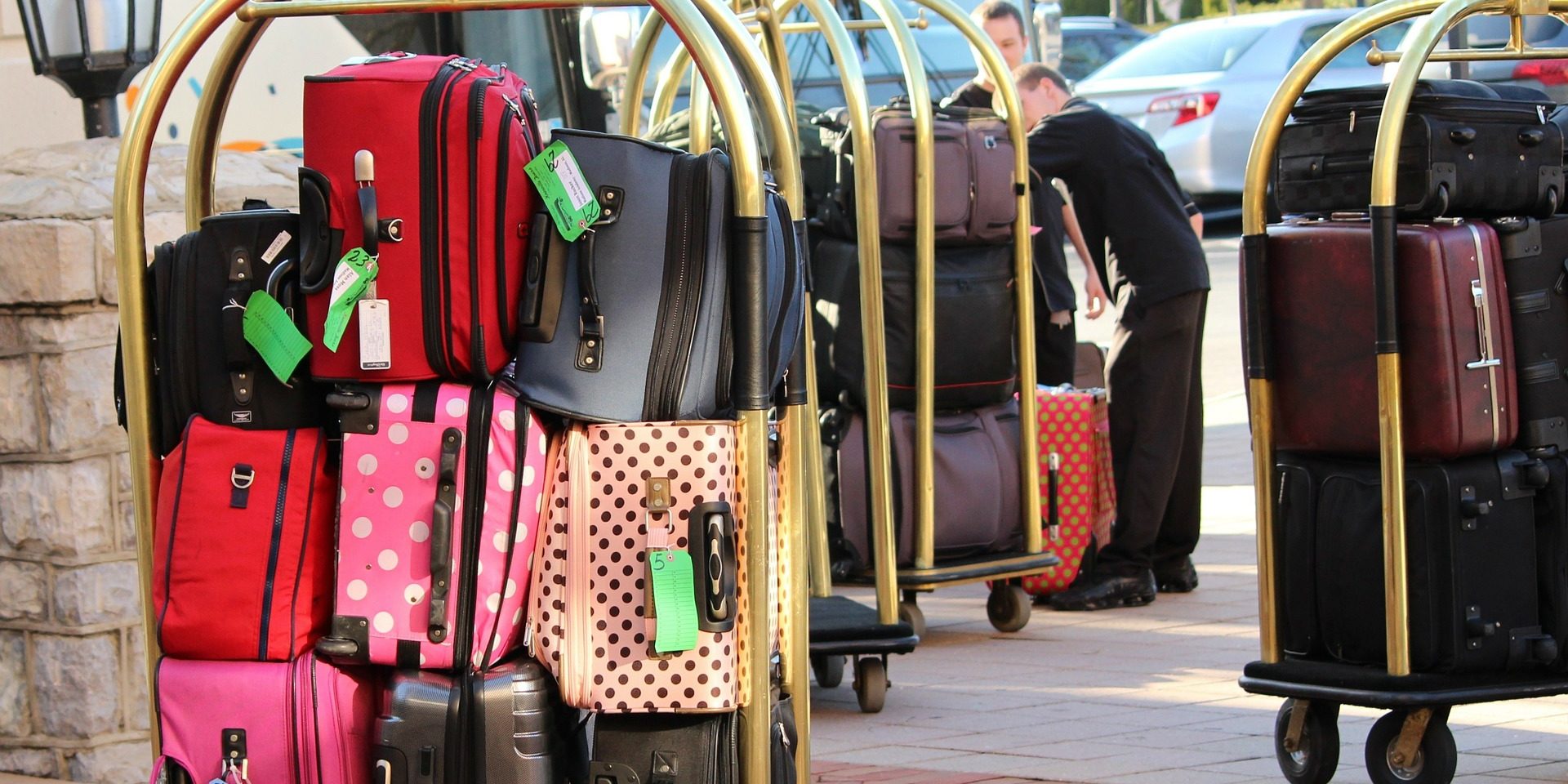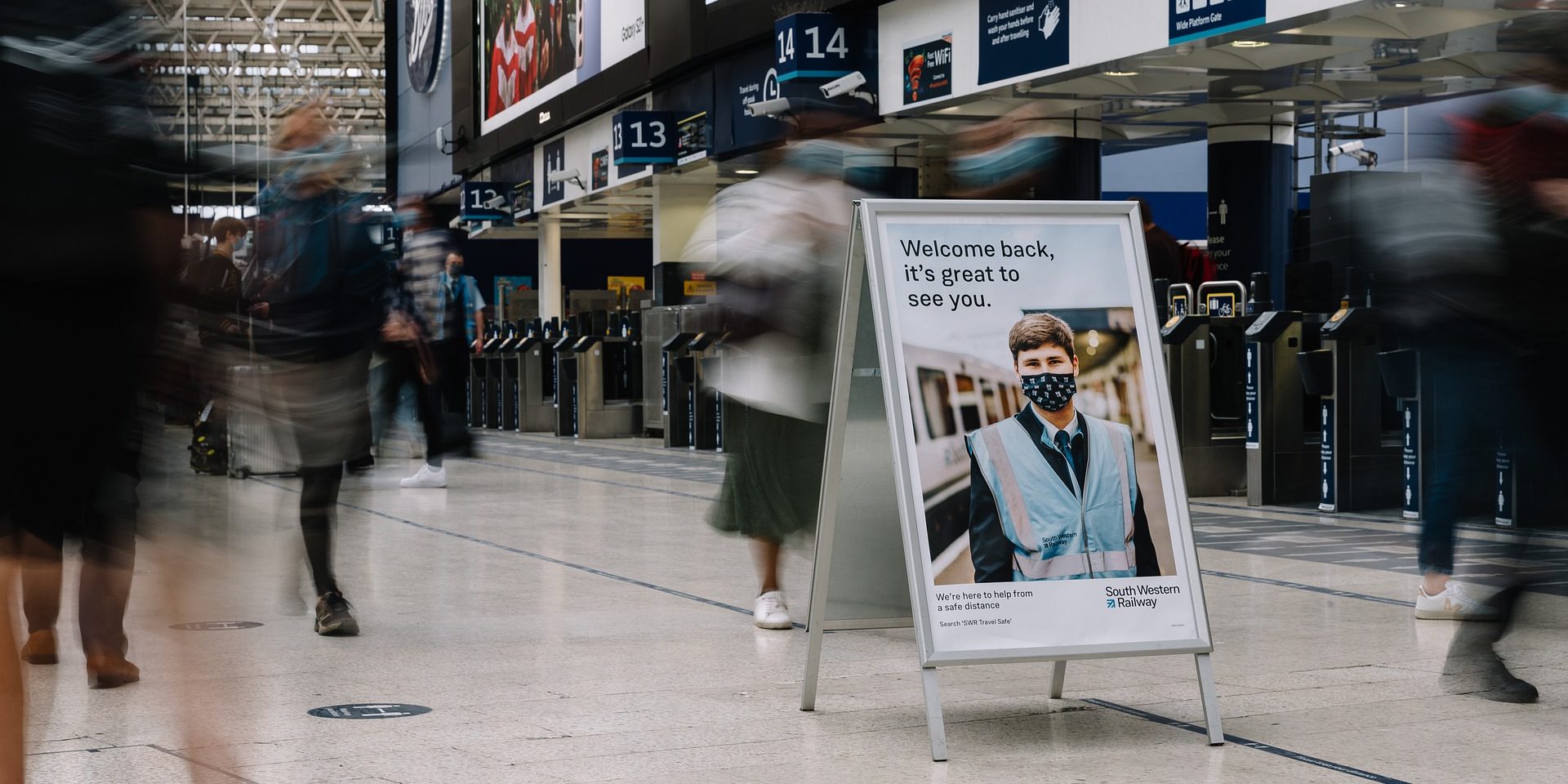According to the latest Longwoods International tracking study of American travelers, the dramatic increase in the number of COVID-19 cases driven by the highly infectious Omicron variant is taking its toll on travel intentions and perceptions of health and safety at the start of 2022.
The percentage of travelers planning a trip in the next month has slipped significantly from 23% in October to 15% in January. Conversely, travelers are planning trips further out as the percentage of those planning trips in six months or later has increased from 19% in October to 23% in the latest survey.
Insights from Longwoods President & CEO Amir Eylon prepared for HSMAI:
Full Report: COVID-19 Travel Sentiment Study – Wave 53: Omicron Surge Disrupts Travel



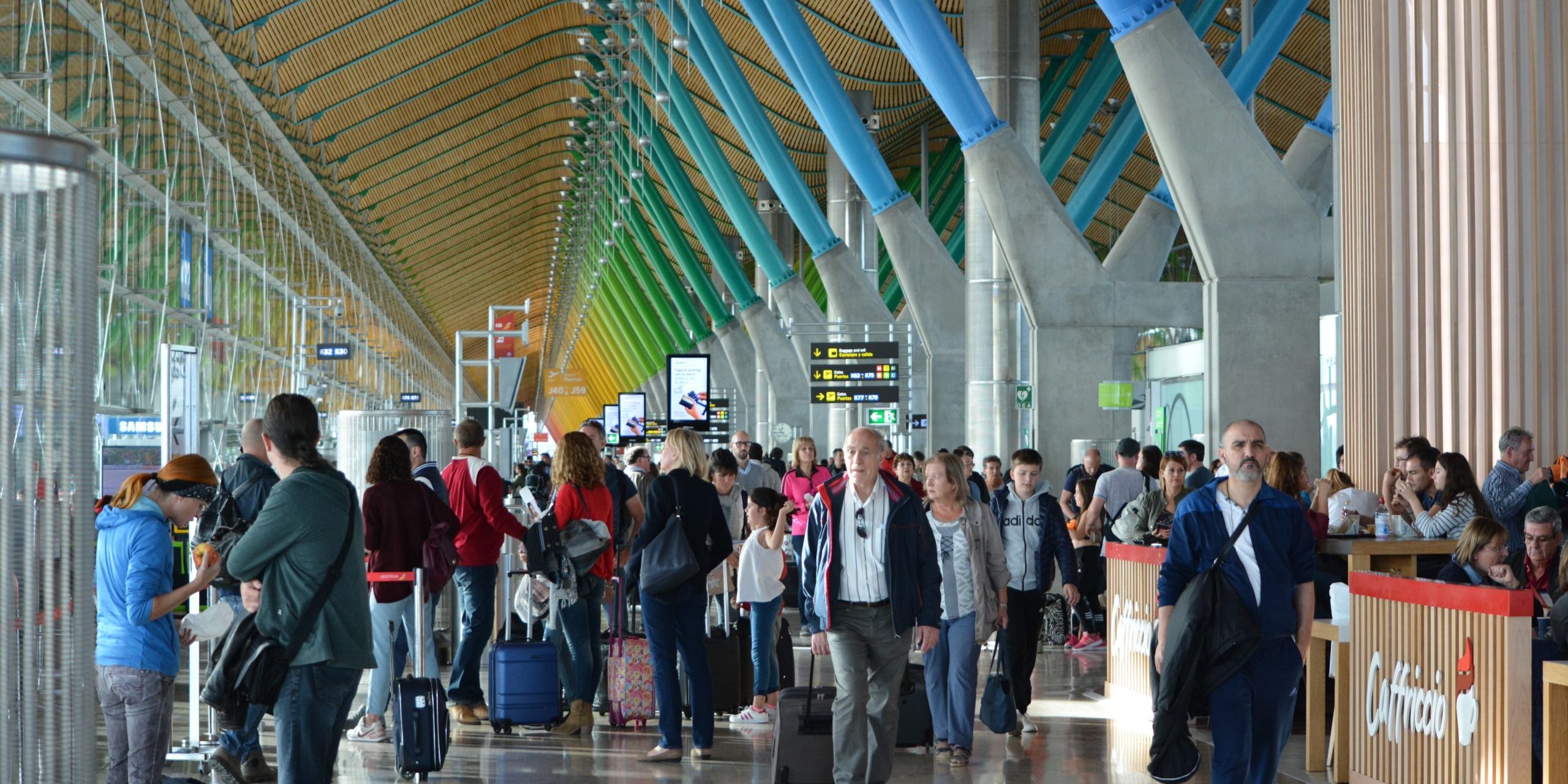
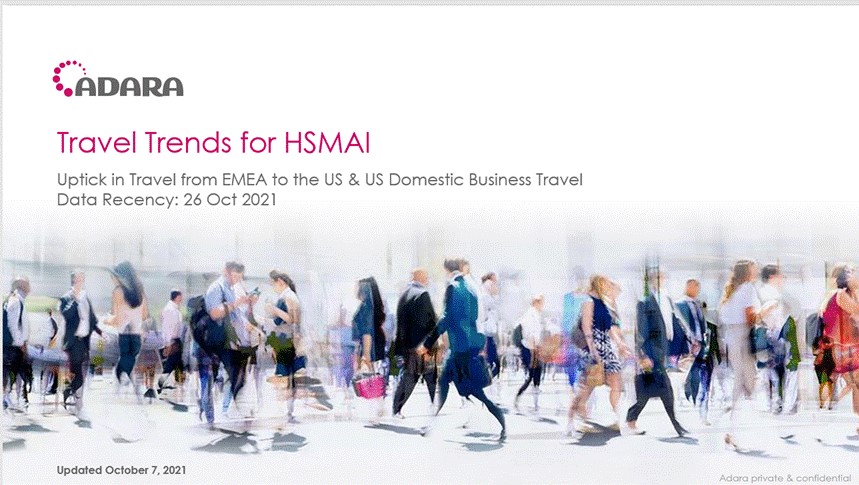



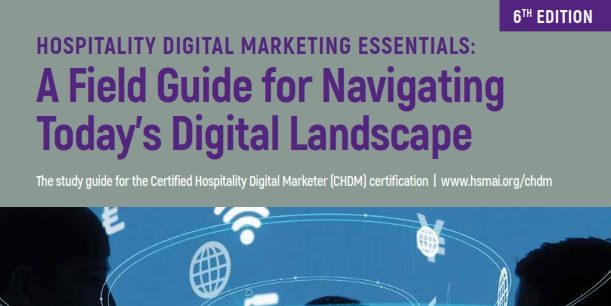 Excerpted from Hospitality Digital Marketing Essentials: A Field Guide for Navigating Today’s Digital Landscape, Sixth Edition, by Dan Wacksman, CHDM, CRME, CHBA, and Holly Zoba, CHDM — the study guide for the
Excerpted from Hospitality Digital Marketing Essentials: A Field Guide for Navigating Today’s Digital Landscape, Sixth Edition, by Dan Wacksman, CHDM, CRME, CHBA, and Holly Zoba, CHDM — the study guide for the 
